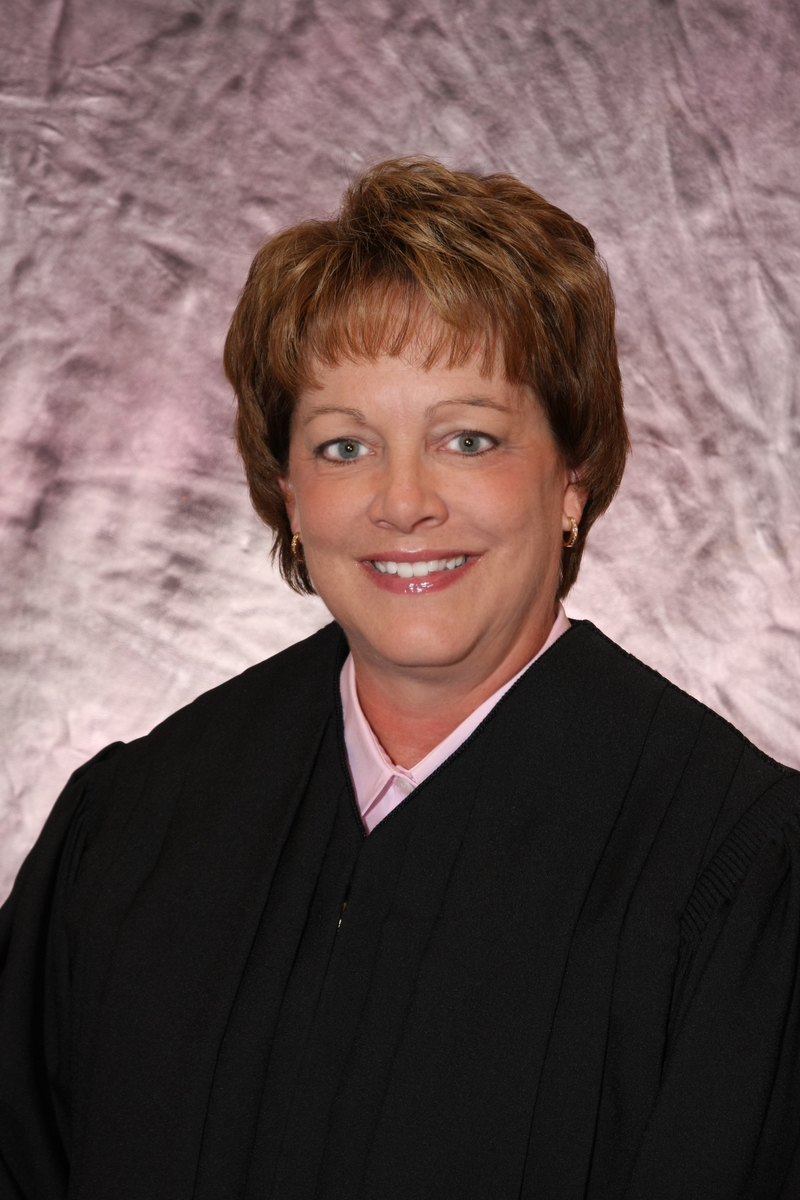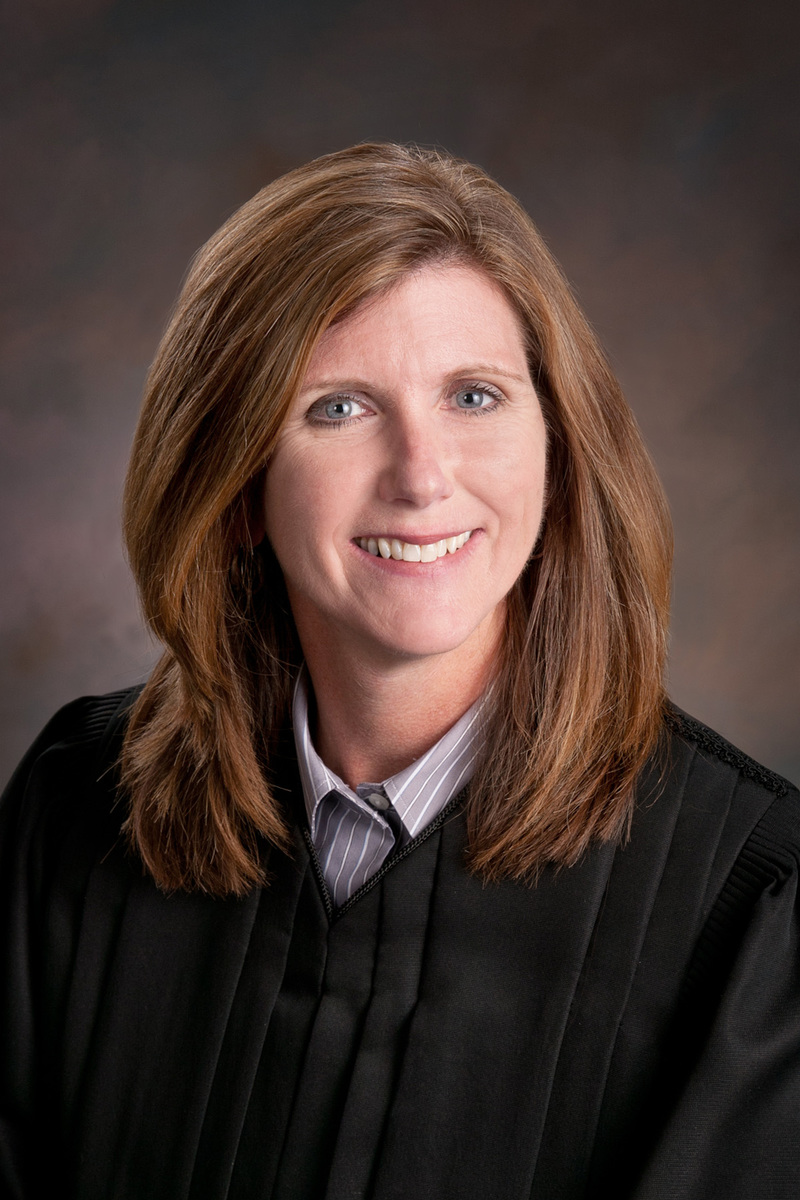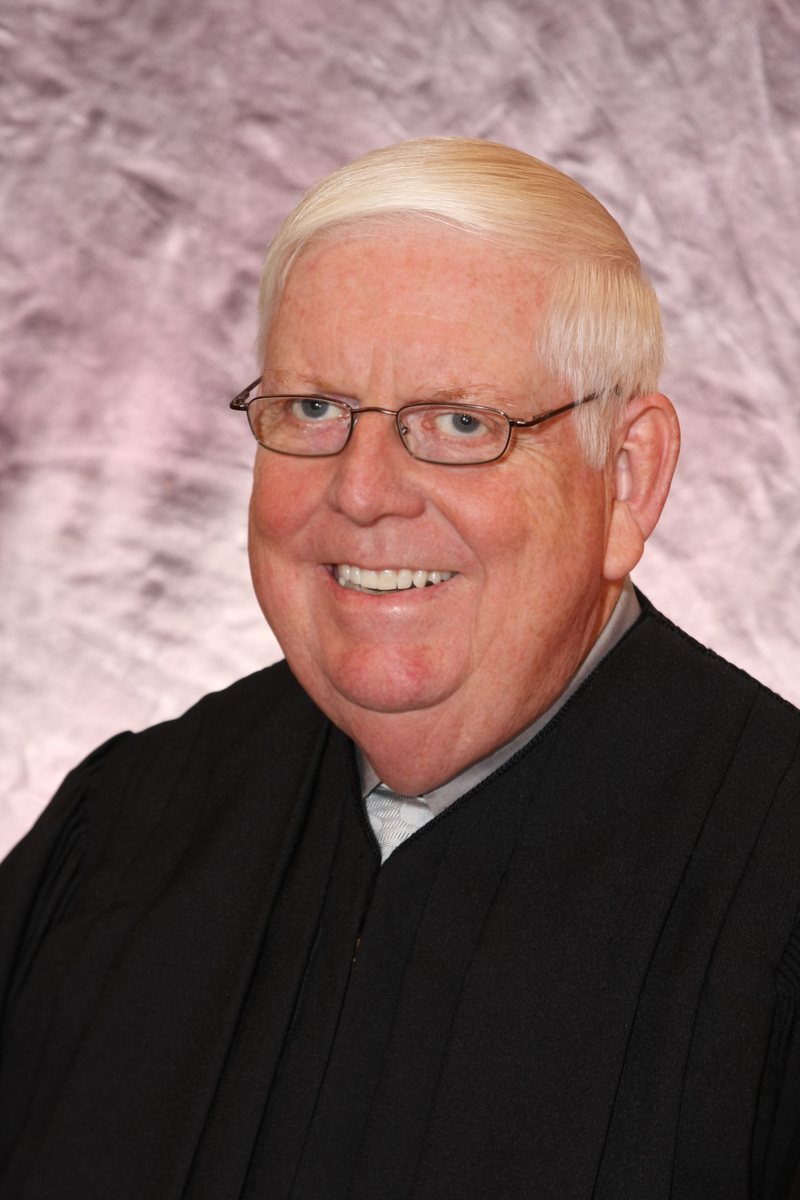CSC to host Nebraska Court of Appeals session

CHADRON – Chadron State College will host the first-ever Nebraska Court of Appeals session in the Panhandle when the court convenes at the Student Center Tuesday, April 11.
The court is inviting college students and area high school classes to attend the session, beginning at 9:30 a.m. It is also open to the general public and will be broadcast online at chadronstate.tv.
A three-judge panel consisting of Chief Judge Frankie Moore and Judges Everett Inbody and Francie Riedmann is expected to hear arguments in three or four cases in the half-day session.
“(Moore) is hoping to pick two criminal cases, a juvenile case and a civil case,” said CSC Justice Studies professor Dr. Lisette Leesch.
“We hope to have summaries of the cases as something to use with students, so professors and classes can maximize the learning experience,” she said.
The cases to be heard can be seen on the court's website.
Nebraska’s Court of Appeals was created by a constitutional amendment approved in 1990.
Its six judges, appointed by the Governor, represent the state’s six judicial districts. The primary courtroom is in Lincoln, but the court, which is divided into three-member panels, sometimes travels to other cities to hear appeals.
The court session at CSC resulted from a trip to Chadron in August by judges of the Nebraska Supreme Court and the Court of Appeals, who were visiting county courthouses across the state, Leesch said.
District Court Judge Russ Harford and CSC’s Justice Studies staff encouraged Moore to consider having a session in Chadron.
“Everyone was working together saying ‘It’s time for you to come out to the Panhandle. We’re excited to host you,’” Leesch said.
The Chadron court session fits with goals of public accountability and strengthening citizen communication that are part of the strategic agenda for the state’s judicial system according to Justice Studies professor Dr. Mike Bogner.
“I often tell my students the courts only have any authority to the extent that they have legitimacy in the eyes of the public,” he said. “Clearly they recognize that and want to make themselves available.”
Leesch agreed.
“When they come here, it’s going to put a face on them and on our judicial system,” she said.
According to a press release from the Court of Appeals, this college campus initiative is intended to provide Nebraskans the opportunity to learn about the judicial branch, specifically the workings of the appellate level system. The Court has previously held arguments in Peru, Lincoln, Kearney, Seward, Fremont and Crete.
The appeals court now handles about 1,200 cases per year in which the actions of a lower trial court are challenged, but many are resolved by memorandum decisions and the court releases about 400 written opinions annually, according to Leesch.
Cases are appealed based on the belief that some action of the lower court wasn’t proper, Bogner said.
“Whatever the nature (of the case), the argument is that the trial court did something wrong,” he said. “It’s not just because you lost.”
The appeals court judges will have reviewed the lower court record of each case, and the written briefs of each side, before they hear arguments from lawyers during the court session at CSC. The lawyers will have a specified amount of time to present their arguments and may be questioned by the judges during the hearing.
The court won’t make an immediate judgement on the cases, but will deliberate later and assign one member to write the decision reached by a majority vote. Written decisions aren’t published in all cases, but those that are will be released online.
A special feature of the session in Chadron is an open question and answer period for students and members of the public after the court adjourns.
“This will be refreshing; to find out what’s on the public’s mind and the students’ minds,” Leesch said. “We are very excited to see the openness of the court.”
Bogner thinks hosting the appeals court on campus provides CSC students an opportunity to get a real-life view of the justice system.
“It’s just academic until you see it in action,” he said. “I think they will find out that judges are real people too and they will get to listen to lawyers make their arguments, instead of just reading about it.”
The appeals court session also gives local citizens a chance to see how the judicial system works.
“Most of us have theoretical knowledge about the working of the court, but it’s a rare opportunity for people in western Nebraska to see how the appellate court system in Nebraska works,” Bogner said. “They make civil law and criminal law, just like the legislature does, that governs everybody and it would be nice to see those people in action.”
Category: Campus Announcements, Campus News, Justice Studies


